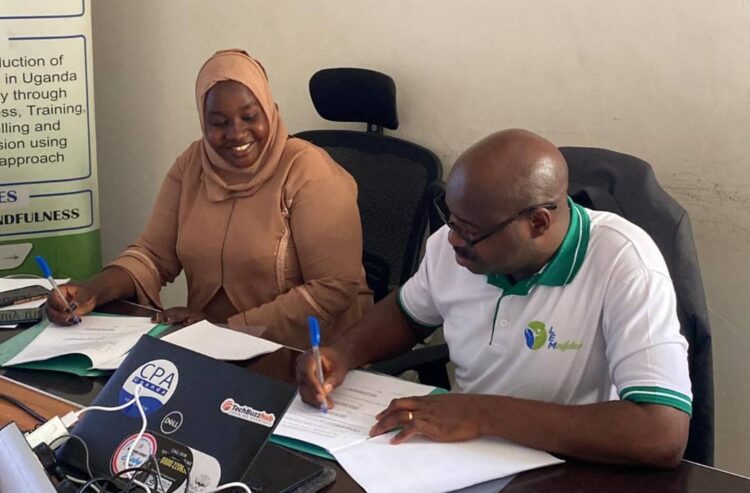KWMPALA
Uganda is facing a worsening mental health crisis, with nearly one in four citizens now living with a mental disorder, according to a recent national data.
A 2023 Strong Minds report presented to the Parliamentary Forum on Mental Health showed 24.2 percent of adults and 22.9 percent of children suffer from conditions such as depression, anxiety, and post-traumatic stress disorder (PTSD). Post-COVID findings from the Ministry of Health indicate prevalence has since risen to 32 percent, with young people most affected.
 Additionally, the Uganda Bureau of Statistics (UBOS) 2024 data revealed that about 5.5 million Ugandans; 12 percent of the population struggle with probable mental health conditions. Depression diagnoses rose by 26.8 percent, anxiety cases doubled, and an estimated 55,000 (1%) people reported suicidal thoughts.
Additionally, the Uganda Bureau of Statistics (UBOS) 2024 data revealed that about 5.5 million Ugandans; 12 percent of the population struggle with probable mental health conditions. Depression diagnoses rose by 26.8 percent, anxiety cases doubled, and an estimated 55,000 (1%) people reported suicidal thoughts.
Mental health experts blame the crisis on drug and substance abuse, poverty, early marriages, gender-based violence, stigma, and poor access to care, especially in rural areas where 83 percent of Ugandans live. Uganda has only 53 psychiatrists about one per million people and fewer than 10,000 counsellors serving a population of 46 million.
Despite the rising numbers, mental health receives less than one percent of the national health budget, most of it allocated to Butabika National Referral Mental Hospital, which is operating far beyond its 900-bed capacity, and with limited staff especially for children.
However, amid these challenges, new interventions are taking shape, particularly from Civil Society Organizations. On Wednesday (August 27), LEM Mindfulness and Tamu Caring Counsellors Uganda signed a two-year Memorandum of Understanding (MoU) to expand mental health services in Uganda.

Martin Bakundana (PhD), Executive Director of LEM Mindfulness, said the partnership will focus on awareness campaigns, research, counselling, and community programmes.
“Uganda is still grappling with depressing numbers in mental health, with less than one percent of the health budget allocated to the sector,” said Dr. Bakundana.
He raised concerns over the shortage of mental health professionals, stressing the urgent need to scale up training and deployment of psychiatrists, psychologists, and counsellors across the country.
“These numbers are deeply concerning and point to the urgent need for private sector involvement to help plug the gaps,” Bakundana emphasized.
The MoU, signed by Bakundana and Hadijjah Tumuhimbise, CEO of Tamu Caring Counsellors Uganda, will see the two parties collaborate on awareness campaigns, plans to organise workshops, parenting seminars, mentorship programmes for youth, and affordable counselling services by leveraging on each party’s resources, among others.







































